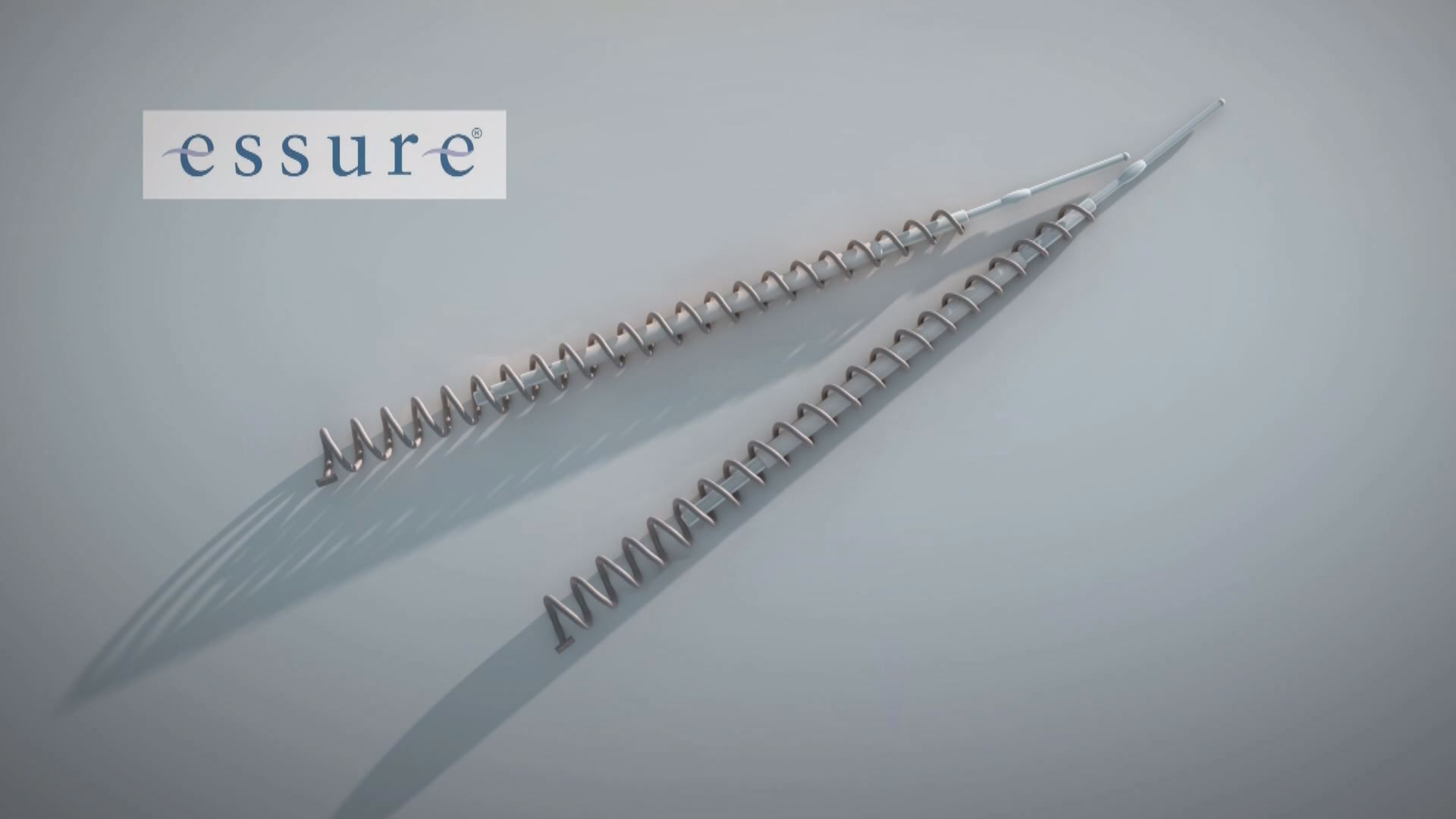What To Know about Essure Implant Litigation

The Essure implant was marketed as a permanent birth control device by the Bayer company. More than 16,000 U.S. women are suing Bayer over the Essure implant device.
The Food and Drug Administration has placed multiple restrictions on the Essure device following patient reports of pain, bleeding, allergic reactions and cases where the implant punctured the uterus or shifted out of place.
After thousands of injury reports from women, and repeated safety restrictions by regulators, Bayer has announced that it will stop selling the Essure device in the U.S. Last year, Bayer stopped selling the device in Europe.
Injuries Associated with Essure Use:
Women who have used Essure report a variety of injuries, including:
- Bleeding
- Abdominal pain and cramping
- Chronic pelvic pain
- Implant migration
- Perforation/tearing of the uterus or fallopian tubes
- Back, joint or muscle pain
- Muscle weakness
- Unintended pregnancy, miscarriage, fetal death
- Surgeries to treat the complications
What should you do if you are having problems caused by the Essure device?
The Mayo Clinic recommends that you talk with your doctor about your options if you have persistent pain or other symptoms that you think might be related to the Essure device, and advises that removing the Essure device may require surgery, which poses certain health risks.
If you or a loved one has been harmed by an Essure device, contact us. We may be able to help.
Resources:
- https://www.washingtonpost.com/news/to-your-health/wp/2018/07/20/sales-of-essure-birth-control-implant
- https://www.fda.gov/medicaldevices/productsandmedicalprocedures/implantsandprosthetics/essurepermanentbirthcontrol/ucm452254.htm
- https://www.mayoclinic.org/tests-procedures/contraceptive-implant/expert-answers/essure-discontinued/faq-20436674




The information on this website is for general information purposes only. None of the information on this site should be taken as legal advice for any individual case or situation. This information is not intended to create, and receipt or viewing does not constitute, an attorney-client relationship.

















